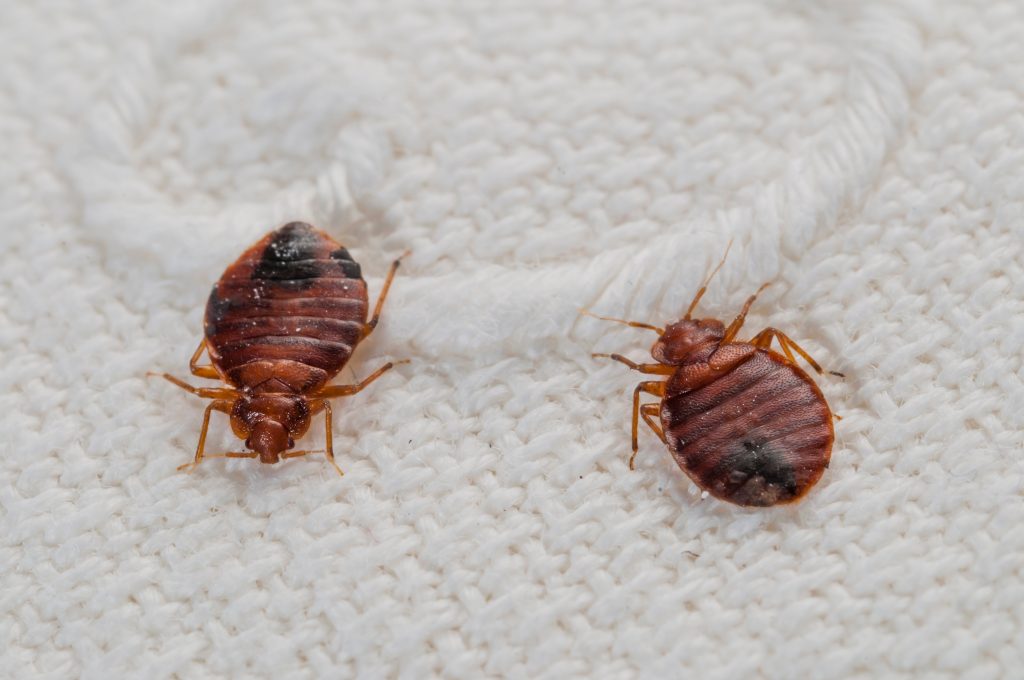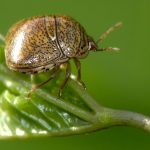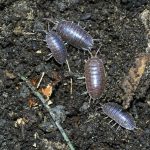As a homeowner, I’m sure you’ve asked yourself the question, “How long can bed bugs live without air?” It’s an important question to consider, as bed bugs are notoriously hard to get rid of and can cause a lot of damage and disruption in your home. In this article, we’ll explore the answer to this question and discuss the ways you can keep bed bugs from taking over your home.
Life Cycle of Bed Bugs
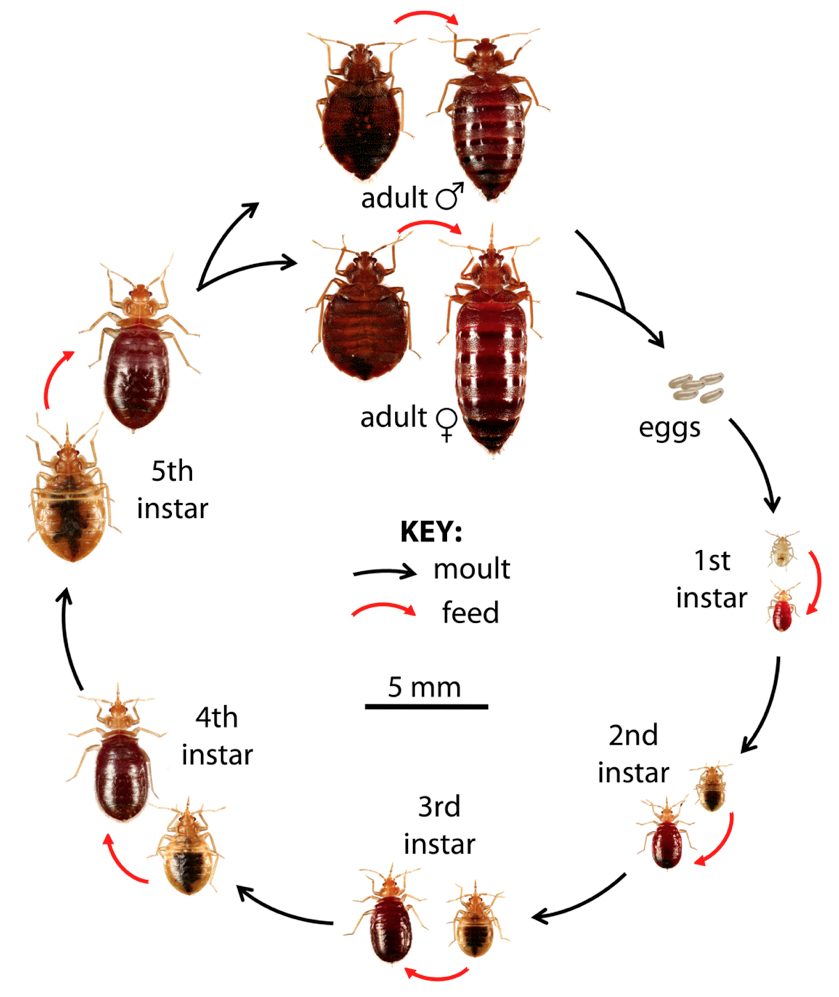
Bed bugs have a simple life cycle that consists of four stages: egg, nymph, adult, and mating.
- Egg: Bed bug eggs are small, white, and hard to see. They are laid in batches of 10-50, usually on rough surfaces like wood or fabric. Eggs hatch in 6 to 10 days.
- Nymph: After hatching, bed bug nymphs are almost transparent and feed on blood. They molt five times before reaching adulthood, which takes about five weeks.
- Adult: Adult bed bugs are a reddish-brown color, about the size of an apple seed, and can live up to a year without feeding. They can survive without air for several days by entering a state of dormancy.
- Mating: After they reach adulthood, bed bugs mate and the cycle begins again. Females can lay up to five eggs a day, and can produce hundreds of eggs in their lifetime.
Bed bugs can live for several days without air by entering a state of dormancy. This is why it is important to act quickly when you suspect a bed bug infestation, as they can quickly spread throughout a home.
Bed Bug Development Without Air
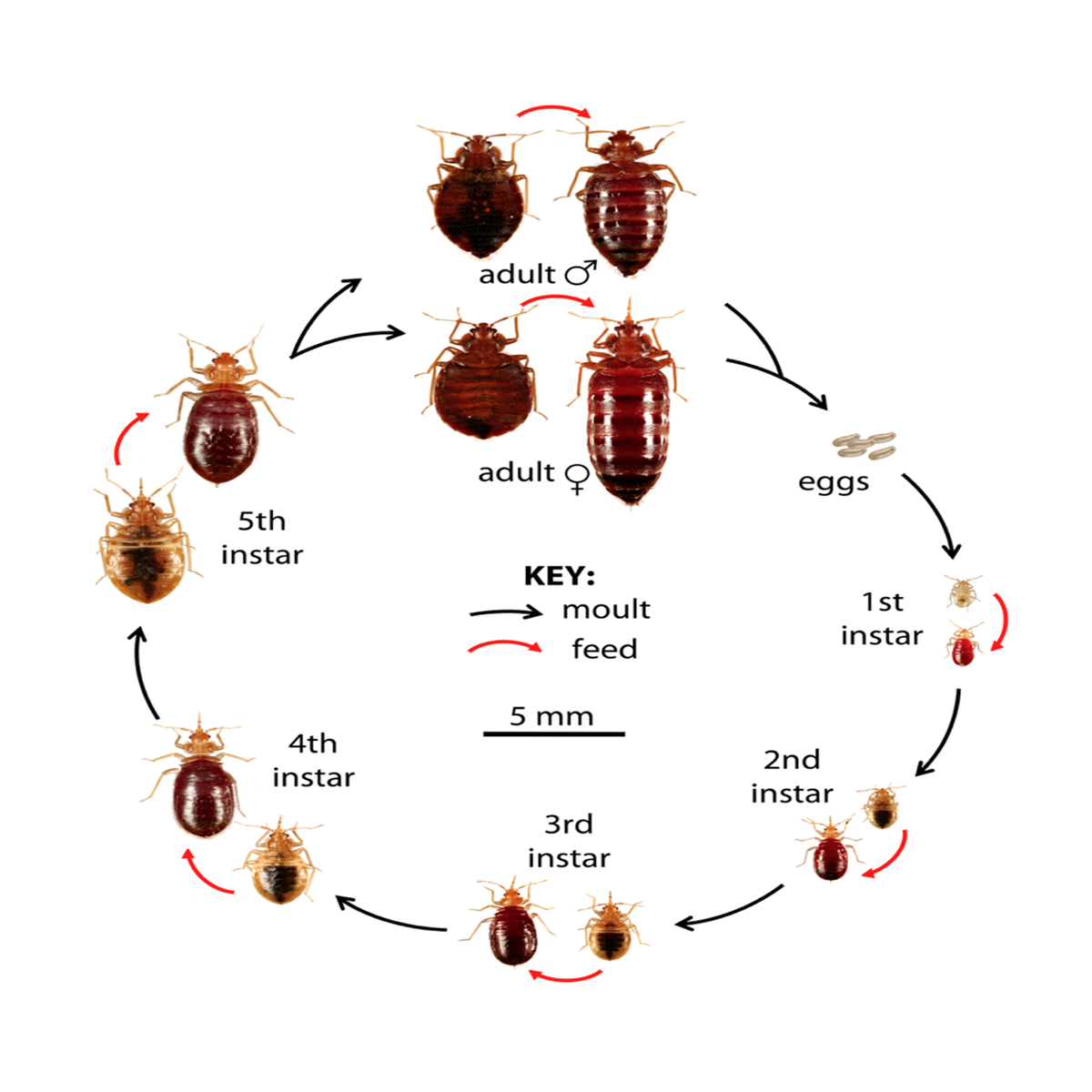
Bed bugs have evolved to be able to survive several weeks without air. They can enter a state of diapause, a type of hibernation which dramatically reduces their metabolic rate and allows them to survive without oxygen. Bed bugs are able to survive in this state for up to five months, although they will not develop or reproduce without air. They can, however, still move about and bite if disturbed. Bed bugs can survive without air for longer than other insects because of their ability to store energy reserves in their body, allowing them to survive longer without air. They can also survive in a state of diapause for longer than other insects, allowing them to survive in an airless environment for extended periods of time.
Bed Bug Survival Without Air
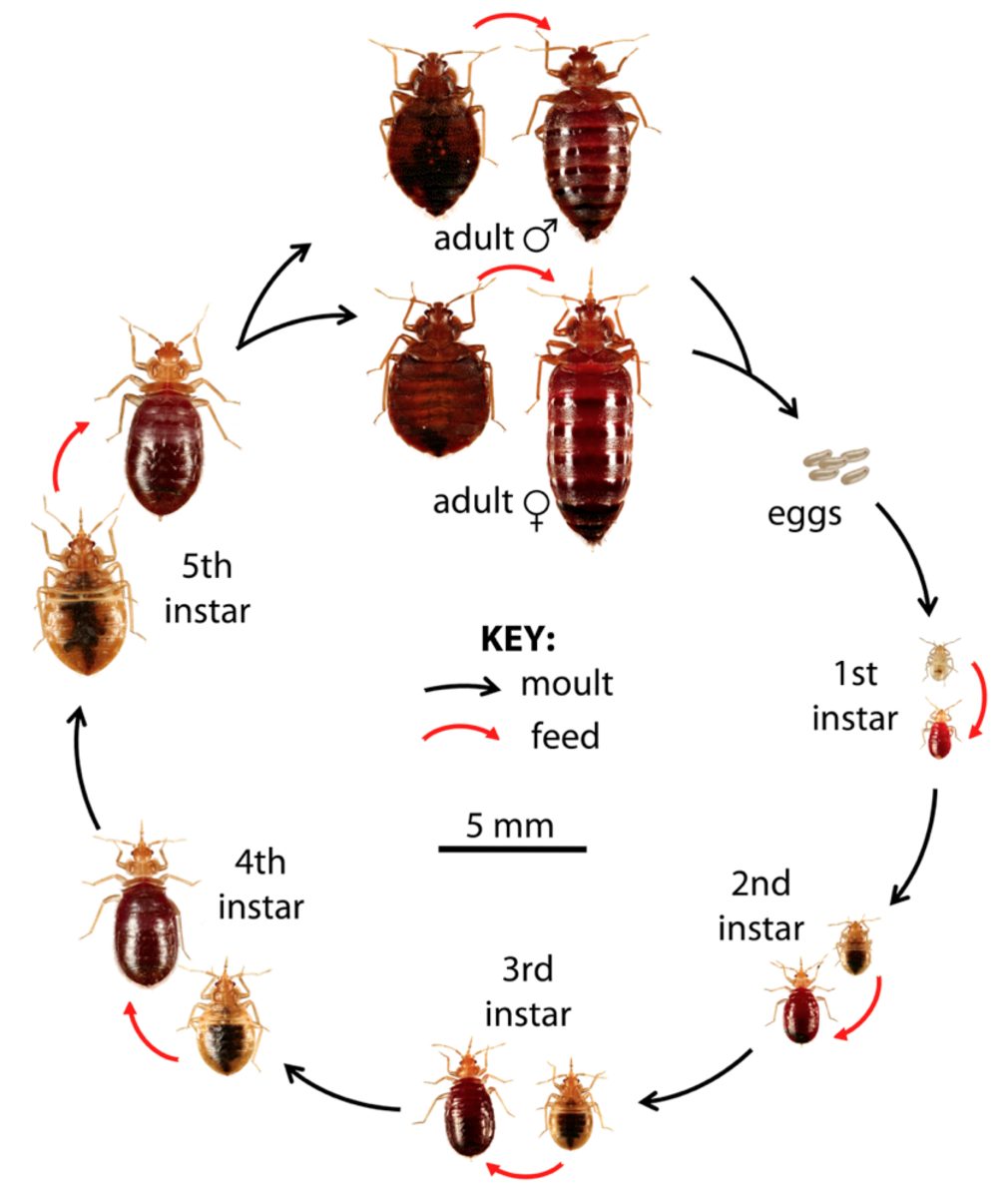
Bed bugs are notorious for their ability to survive in extreme conditions. They can survive without air for extended periods of time. In fact, bed bugs can live for up to a year without air, so long as they have access to food and water. Here’s how:
- Bed bugs can enter a state of suspended animation, or diapause, when deprived of air. This allows them to survive without oxygen and water for long periods of time.
- Bed bugs can also survive in small, airtight spaces. This allows them to survive even in the absence of air.
- Bed bugs can also slow their metabolic rate, allowing them to conserve energy and survive in anaerobic conditions.
- Bed bugs are also able to survive by consuming stored fat reserves. This allows them to survive without food and water for extended periods of time.
Ultimately, bed bugs are highly resilient and can survive in extreme conditions. While it’s not recommended to deprive bed bugs of air, they are capable of surviving for significant periods of time without it.
Bed Bug Reproduction Without Air
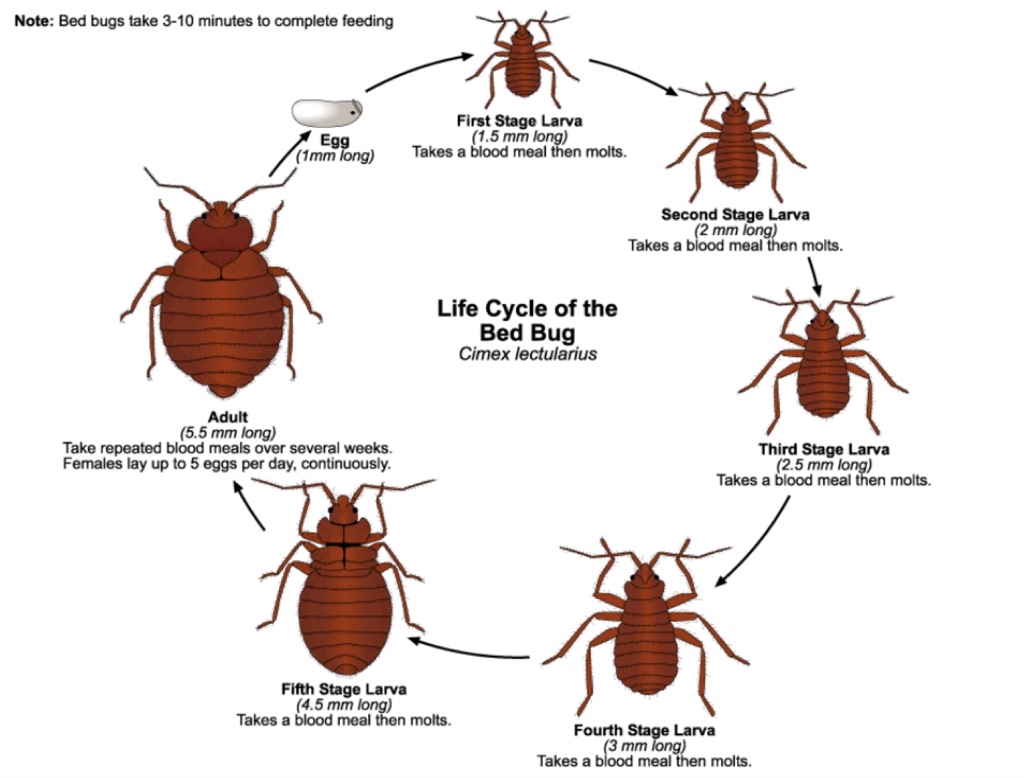
Bed bugs are capable of reproducing in an environment with little or no air. To do this, they use a process known as anaerobic respiration. This process allows them to extract energy from sugars and other organic compounds present in their environment without the need for oxygen.
Bed bugs can lay eggs in an environment with little or no air. These eggs are resistant to desiccation and can survive in an environment without air for up to two weeks. However, without air, the eggs will not hatch, and the bed bug population will not grow.
In an environment with air, the eggs will hatch in about 10-14 days. The juvenile bed bugs will then feed on their hosts, and the population will increase.
Table:
| Process | Time Frame |
|---|---|
| Anaerobic respiration | No time frame |
| Egg laying | Up to 2 weeks |
| Hatching | 10-14 days |
Bed Bug Behavior Without Air
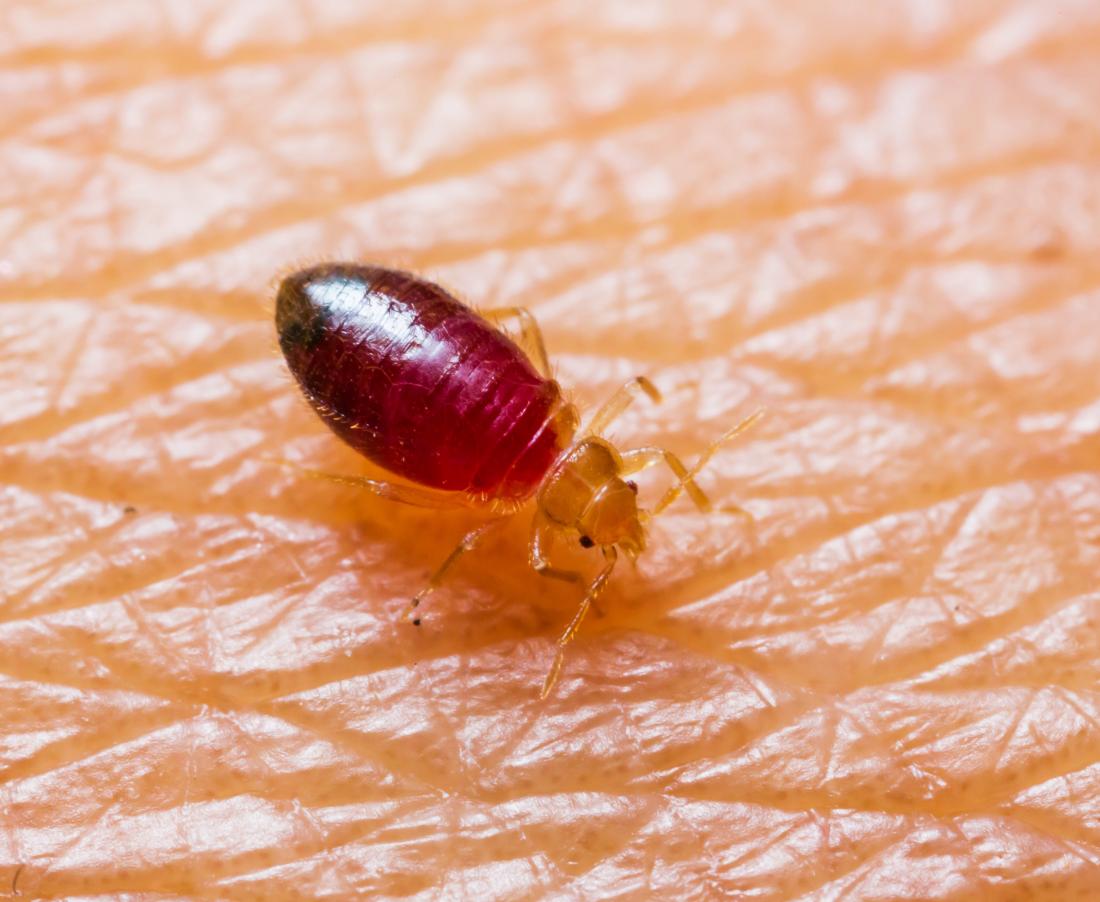
- Bed bugs can survive without air for up to several weeks, depending on temperatures and humidity levels.
- They can survive at lower oxygen levels by entering a state of dormancy, in which their metabolic rate and oxygen consumption are significantly reduced.
- At temperatures of less than 14 degrees Fahrenheit, bed bugs can survive for several months without air.
- Bed bugs may also be able to survive for extended periods in sealed containers with no air, such as in a tightly sealed plastic bag.
- Bed bugs can go into a dormant state and remain inactive for long periods of time, which makes them difficult to detect.
- In this state, bed bugs are able to survive on very limited amounts of food and water.
- When bed bugs are exposed to air again, they will become active and resume their normal behavior.
Bed Bug Lifespan Without Air
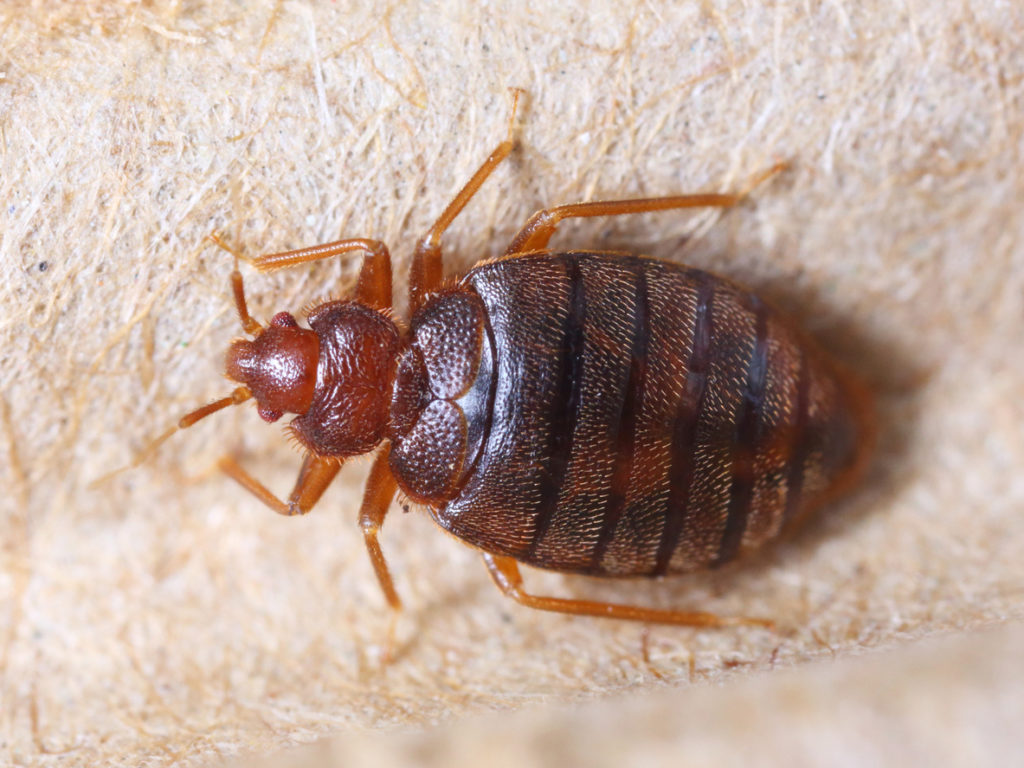
Bed bugs can survive without air for up to four months. They can enter a state of suspended animation, called anhydrobiosis, where they can survive without oxygen, food, or water. During this state, they can remain dormant for long periods of time.
To survive without air, bed bugs slow their metabolism and reduce their water loss. They also produce protective proteins that help them survive in an oxygen-depleted environment.
| Age | Lifespan Without Air |
|---|---|
| Adult | 4 months |
| Nymph | 2 months |
| Egg | 1 month |
The amount of time bed bugs can survive without air depends on their age. Adult bed bugs can survive for up to four months without air, nymphs for two months, and eggs for one month.
Bed bugs are incredibly hardy pests and can survive in a variety of conditions. They can hide in cracks and crevices, and even survive without air for extended periods of time. If you suspect bed bug infestation, you should contact a professional pest control company to ensure they are eliminated.
Factors That Affect Life Without Air
Bed bugs are a pest that can survive for a considerable amount of time without air. However, the length of their survival is largely dependent on the factors that affect life without air. Without air, bed bugs lose the ability to take in oxygen and expel carbon dioxide, both of which are essential for their survival.
Temperature is a major factor that affects a bed bug’s survival without air. In cold temperatures, bed bugs can survive for weeks without air. As temperatures rise, however, the amount of time that bed bugs can survive without air is drastically reduced. Bed bugs are most likely to die within a few days when exposed to hot temperatures.
Humidity also affects the survival of bed bugs without air. In dry conditions, they can survive for several days. In humid conditions, however, their survival time is drastically reduced. Bed bugs are much more likely to die within a few hours in highly humid conditions.
Another factor that affects bed bugs without air is the availability of food. If bed bugs are deprived of food, their bodies will begin to use their energy reserves, and they will eventually die. Bed bugs are also more likely to die without air if they are exposed to extreme changes in temperature. Exposure to high temperatures or extreme cold can cause their bodies to shut down, leading to death.
In conclusion, bed bugs can survive without air for a considerable amount of time, but the exact amount of time depends on the factors that affect life without air. Temperature, humidity, and the availability of food all play a major role in how long bed bugs can survive without air.
Prevention and Treatment
Bed bugs are one of the most difficult pests to get rid of and prevention is the best defense. Keep an eye out for signs of an infestation such as small brownish bugs, eggs, and their droppings. Vacuum and steam clean your bedding, furniture, and carpets regularly to keep them from taking hold. If you suspect an infestation, contact a professional pest control company for assistance.
If a bed bug infestation is already present, it is important to take steps to effectively treat the problem. A combination of chemical and non-chemical treatments is often the most effective approach. Chemical treatments include topical sprays and dusts. Non-chemical treatments include heating the infested area to temperatures above 120°F or using a steamer to treat the affected area.
Table
| Method | Description |
|---|---|
| Chemical treatments | Topical sprays and dusts |
| Non-chemical treatments | Heating the infested area to temperatures above 120°F or using a steamer to treat the affected area |
Frequently Asked Questions
How do bed bugs survive without air?
Bed bugs are able to survive without air for extended periods of time. They have special adaptations that enable them to enter a state of dormancy, during which their metabolism slows down and requires less oxygen. This state, known as anhydrobiosis, is triggered by a lack of oxygen and moisture in their environment. Bed bugs can remain in this dormant state for up to 18 months without air. During this time, they can survive on the stored fat reserves in their bodies, which can sustain them until oxygen is available again.
What other conditions are necessary for bed bugs to live without air?
Bed bugs can survive without air for long periods of time, as long as they have access to food, moisture, and temperatures within their preferred range. Without food, they can survive up to a year without air, while with food, they can survive for several weeks. In addition, bed bugs need a relative humidity of 70-90%, and temperatures between 50-90°F to survive for prolonged periods of time.
How long can bed bugs live without oxygen?
Bed bugs are able to survive without oxygen for up to four days. During this time, they enter a state of hibernation and enter a state of anoxia. Bed bugs are able to survive in this state because they are able to store up energy from the food they have eaten and use it to maintain their metabolism. This helps them to survive without oxygen for several days.
What does a lack of air do to a bed bug’s ability to reproduce?
Bed bugs require oxygen to carry out essential metabolic activities, including reproduction. An oxygen-depleted environment can cause a bed bug’s reproductive capacity to decline, as they are unable to produce viable offspring. Furthermore, lack of oxygen can lead to death within a few days, depending on the severity of the oxygen deficiency.
How does a lack of air affect a bed bug’s lifespan?
Bed bugs must have access to air in order to survive. Depriving bed bugs of air can cause them to die within several hours. Bed bugs can survive up to 5 days in low oxygen environments, such as those found in furniture, walls, and mattresses. However, without oxygen, these bugs will not survive for more than a few hours. The lack of air can cause the bed bugs to become weak and unable to feed, which will eventually lead to their death.
Conclusion
Bed bugs are resilient creatures. While they are unable to survive without air for long periods of time, they can survive for a few days at most. This is due to their ability to enter a dormant state and their thick exoskeleton which helps them preserve their moisture. As a result, it is important to take preventative measures to keep bed bugs from entering your home, such as using bed bug-proof covers on mattresses, regular vacuuming, and using insecticides. Additionally, if you suspect you have a bed bug infestation, it is important to contact an exterminator quickly.
